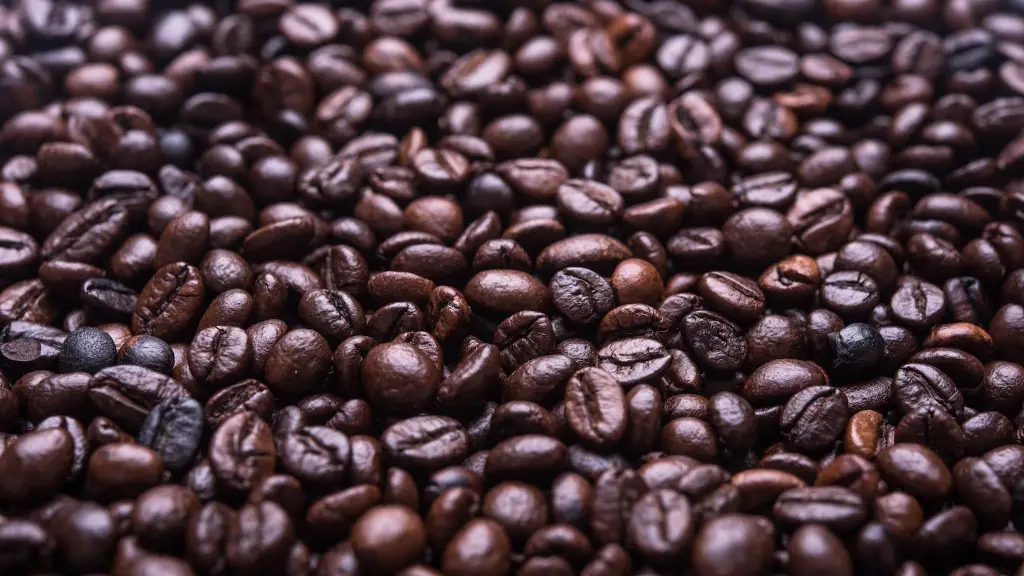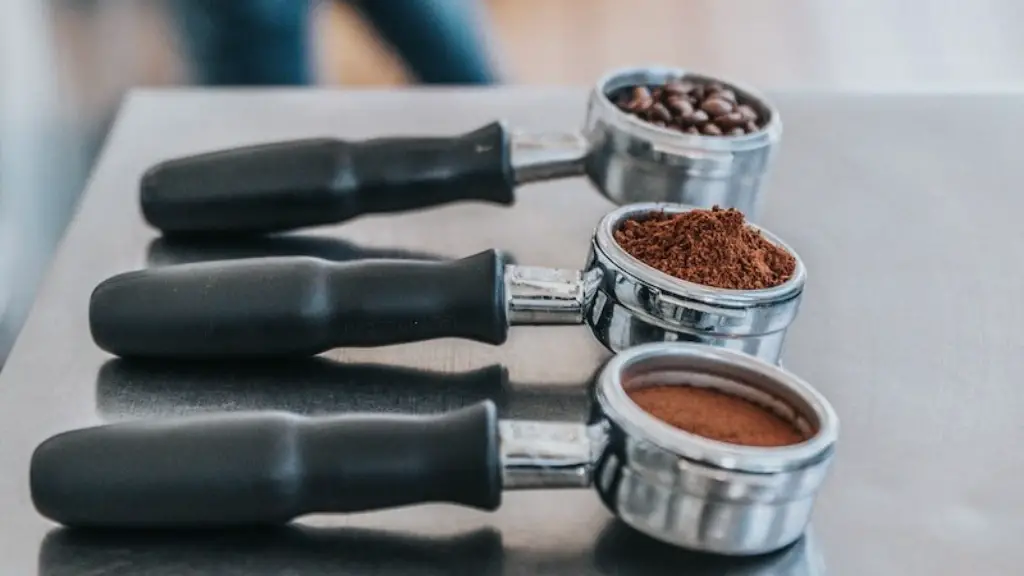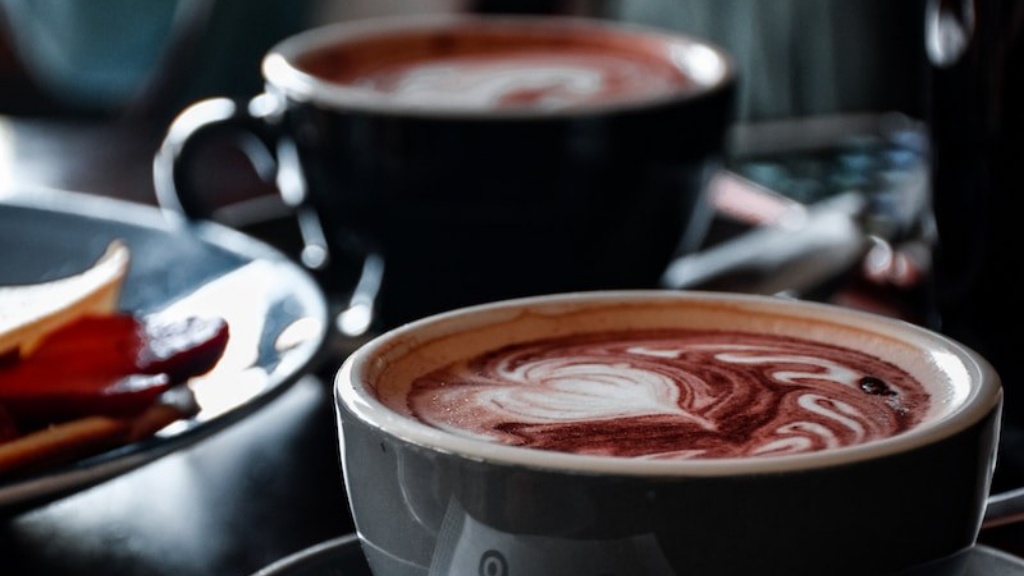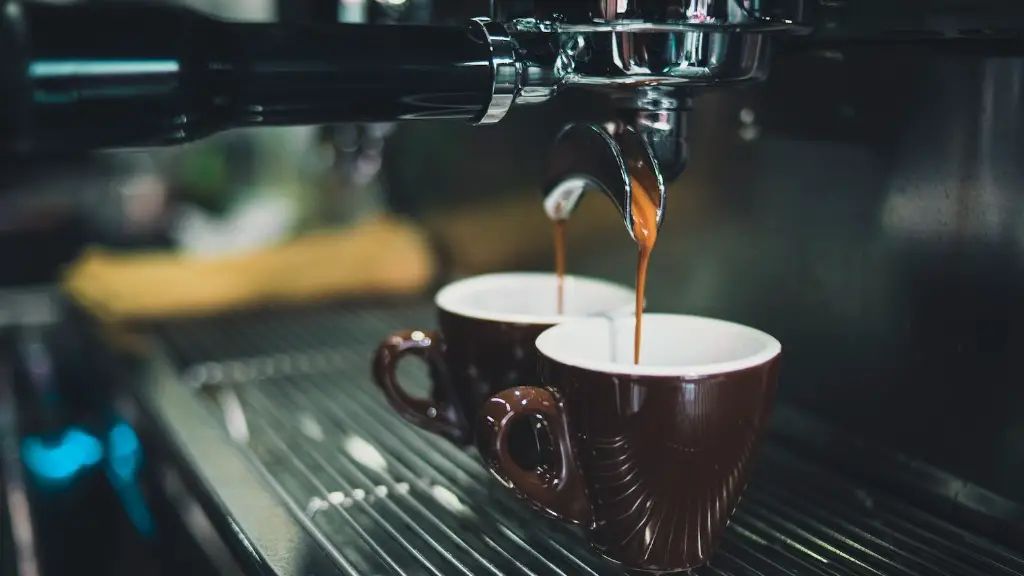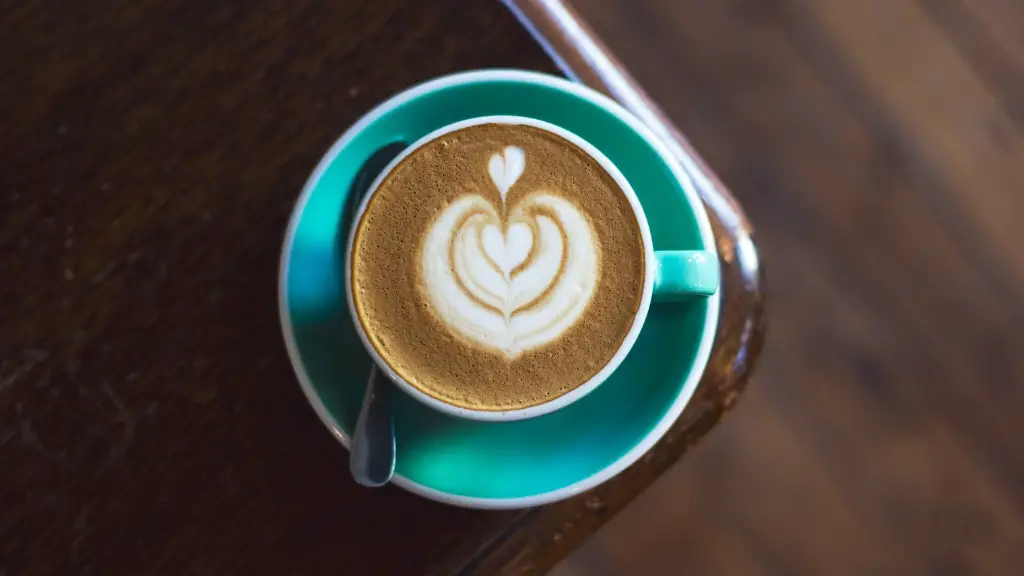Coffee is one of the most commonly consumed drinks worldwide. Whether it’s a hot cup to help you get your day going or a cold one to cool off in the summertime, it seems like the world can’t function without coffee. But is it bad for you to drink coffee every day?
The short answer is no, drinking a moderate amount of coffee every day is beneficial for most people and safe in moderation. A study from the Harvard School of Public Health found that drinking 3 to 5 cups of coffee a day was associated with lower levels of all-cause and cardiovascular mortality.
However, there are potential side effects that come with drinking too much coffee and it’s important to note the amount of caffeine can vary greatly from cup to cup. In general, consuming more than 500mg of caffeine a day is too much, according to the Mayo Clinic. This can cause headaches, irritability, insomnia, and even restlessness in some people.
When it comes to benefits, the antioxidants present in coffee have been found to have anti-inflammatory, anti-cancer, and anti-diabetic effects. They can also help reduce stress-related hormones and improve mood. Some research suggests that drinking coffee can help reduce the risk of developing certain diseases, such as type 2 diabetes, Parkinson’s disease, and certain types of cancer.
However, if you’re concerned about your caffeine intake, you can try consuming decaffeinated coffee instead. Decaffeinated coffee still contains some of the same beneficial compounds that regular coffee has, without all of the caffeine.
Overall, it’s important to remember that moderate coffee drinking can be beneficial, but drinking too much can be detrimental. So if you’re planning on having a cup of joe every day, keep your caffeine intake to 3-5 cups, and always opt for decaf if you’re worried about getting too much caffeine.
Types of Coffee
From iced lattes to classic café au lait, there is no shortage of coffee types to choose from. Each variety has its own distinct flavor, and depending on your preferences, you might find one type to be more appealing than the other. Here are some of the most popular types of coffee to add some flavor to your morning:
Espresso is a strong, concentrated coffee that is rich in flavor. It is made by forcing very hot water through finely ground coffee beans, resulting in a thick, rich beverage. But because of its intense flavor, it is usually served in smaller doses.
Drip coffee is the most common type of coffee that is served in restaurants and cafes. It is made by pouring hot water over ground coffee beans and filtering them out before the beverage is served. This results in a milder flavor that is more palatable than espresso.
The French press is another popular choice which is often used for making specialty coffees like cappuccinos and lattes. In this process, hot water is combined with coffee grounds and steeped for a few minutes before it is served. This method results in a smoother and more flavorful cup of coffee.
Cold brew coffee is made by steeping coffee grounds in cold water overnight, resulting in a smooth and creamy beverage. It’s great for those hot summer days when you need a refreshing jolt of caffeine without the harsh flavor of hot coffee.
Finally, instant coffee is the quickest and easiest way to get your daily coffee fix. It’s prepared by brewing coffee grounds in hot water and then dehydrating the mixture. The rehydrated coffee can then be prepared in just a few seconds, making it a convenient choice for those who need their coffee in a hurry.
Brewing Methods
The brewing method used to make your coffee can have a big impact on the taste, texture, and caffeine content. Different types of coffee require different brewing methods, and each method has its own benefits and drawbacks. Here are a few of the most commonly used brewing methods:
Filter coffee is one of the most popular methods, and involves pouring hot water over ground coffee and then straining it through a paper filter. This method yields a clean-tasting and light-bodied cup of coffee with low levels of caffeine.
Moka pots are a classic way to make espresso-style coffee without an electric machine. In this method, an aluminum pot is filled with water and placed on a stovetop to heat. The pressure created by the heat forces the water through a basket of ground coffee, resulting in an intense shot of espresso.
Cafetières, or French presses, work by placing coarsely ground coffee in a glass or plastic cylinder and then adding hot water. The mix is then steeped for several minutes before it is pressed down, trapping the grounds at the bottom and producing a full-bodied cup of coffee.
Finally, drip coffee makers use electric heat to bring water to a boil. As the water passes through the machine, it is combined with ground coffee and then poured into a carafe to be served. This method yields a mild-tasting and consistent cup of coffee, and is one of the most popular methods used at home.
Effects on Health
While moderate amounts of coffee can be beneficial, drinking too much can have various negative effects on your health. Caffeine is a stimulant, and can cause restlessness, anxiety, headaches, and irritability in some people.
Drinking too much caffeine can also lead to a higher risk of heart irregularities, insomnia, dehydration, and weight gain. Too much caffeine can also cause digestive problems and disrupt your sleep cycle, leading to fatigue and decreased energy levels.
Finally, continuous caffeine consumption can result in caffeine tolerance, which means that people need to consume more and more caffeine in order to get the same effects. This can lead to dependency and addiction, and it’s important to be aware of these potential risks.
Coffee Alternatives
If you find that you’re drinking too much coffee and want to find a healthier alternative, there are a few options to consider. For example, herbal teas are one of the most popular alternatives, as they contain lower levels of caffeine, making them less likely to cause the negative effects associated with excessive caffeine.
Another option is turmeric-based drinks, which are becoming increasingly popular thanks to their various health benefits. Curcumin, the active ingredient in turmeric, is known to reduce inflammation, improve brain function, and even fight cancer.
Finally, there are also a variety of other beverages to choose from such as kombucha, hot chocolate, and fruit-based smoothies. All of these options allow you to get your daily dose of caffeine without the negative effects associated with coffee.
The Bottom Line
Overall, coffee can be beneficial in moderation and does not need to be avoided entirely. Just remember to keep your caffeine intake to 3-5 cups a day for the best results. If you need to cut down on coffee, there are plenty of other options to satisfy your caffeine cravings.
